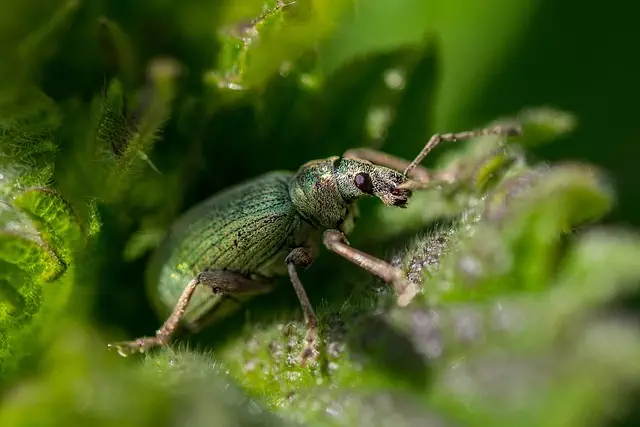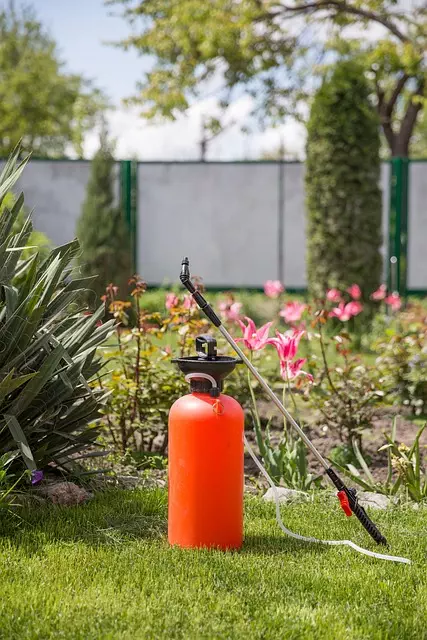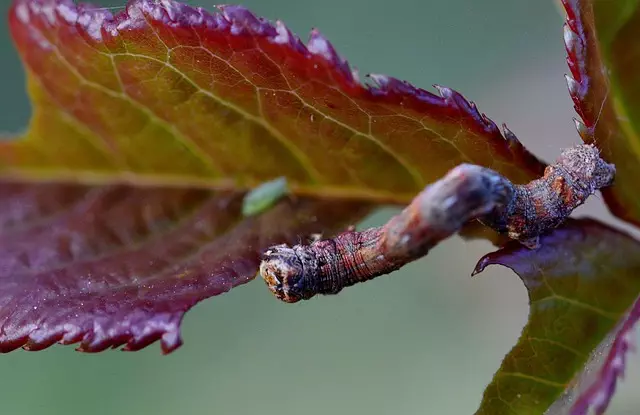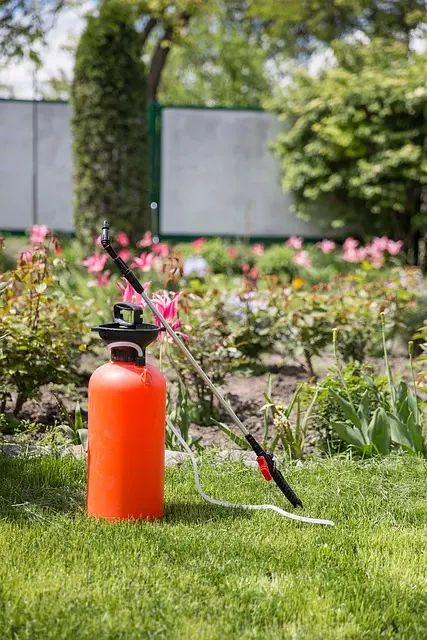Pest exterminators are vital professionals who protect homes and businesses from infestations, using methods ranging from chemical sprays to natural remedies. They conduct inspections, implement tailored solutions, and offer preventive measures. Common pests cause damage, pose health risks, and require professional management due to their adaptability. Hiring a reputable pest exterminator prioritizes safety by adhering to regulations, using protective gear, and offering eco-friendly options. Choosing the right expert involves verifying licenses, researching methods, and considering customer reviews. Modern technology enhances extermination efficiency but presents challenges. DIY solutions are temporary while professional services provide specialized knowledge and long-lasting results. Adhering to legal aspects and industry standards ensures safety, efficacy, and professionalism in pest control.
“In the relentless pursuit of a bug-free haven, understanding the role of a pest exterminator becomes vital. This comprehensive guide delves into the intricate world of insect control, exploring their expertise, methods, and the significant impact of common pests on homes and businesses. We dissect safety precautions, environmental considerations, and the art of selecting the perfect exterminator.
From modern tech advancements to the DIY debate, we unravel the pros and cons, leaving you equipped with insights into legal standards and industry practices for effective, responsible pest extermination.”
Understanding Pest Exterminators: The Role and Methods

Pest exterminators play a vital role in maintaining a healthy and safe environment, both at home and in commercial spaces. They are professionals who specialize in identifying, controlling, and eradicating pests that can cause damage to properties and pose health risks. Understanding their methods is crucial for anyone facing pest infestations.
Common techniques employed by pest exterminators include inspection, treatment, and prevention. During an initial inspection, these experts carefully assess the property to identify the type and extent of the pest problem. This involves using specialized equipment and knowledge to locate nests, eggs, or signs of infestation. Once the source is pinpointed, they employ various methods for treatment, such as chemical sprays, baits, traps, or natural remedies, depending on the severity and nature of the pests. Prevention is also a key aspect, where exterminators offer advice on sealing entry points, maintaining sanitation, and implementing long-term strategies to deter pests from returning.
Common Pests and Their Impact on Homes and Businesses

Insects and pests can wreak havoc on homes and businesses, causing structural damage, inviting health risks, and leading to unpleasant living or working environments. Common pests like termites, rodents, ants, cockroaches, and mosquitoes are a nuisance and can be particularly challenging to get rid of due to their ability to adapt and multiply rapidly. A pest exterminator is often the solution for effectively managing and eradicating these issues.
These pests not only damage property but also pose potential health hazards. Termites, for instance, can eat away at wooden structures, leading to costly repairs or even structural instability. Rodents may cause electrical fires by gnawing on wires while introducing harmful bacteria and diseases. Mosquitoes are known vectors for diseases like Zika and West Nile, making them a serious concern for both residential and commercial areas. A professional pest exterminator understands these risks and employs safe, effective methods to eliminate pests and prevent future infestations, ensuring a peaceful and healthy living or working space.
Safety Precautions and Environmental Considerations in Pest Control

When hiring a pest exterminator, it’s crucial to prioritize safety precautions and environmental considerations. Many conventional pest control methods employ harmful chemicals that can pose risks to human health and negatively impact the environment if not used responsibly. As such, reputable pest exterminators should adhere to strict guidelines and regulations to ensure the safe application of treatments. This includes wearing protective gear, ensuring proper ventilation during applications, and following instruction manuals carefully to avoid exposure.
Additionally, eco-friendly pest control methods are gaining popularity among environmentally conscious individuals and businesses. These alternatives use fewer toxic chemicals and focus on natural repellents, biological controls, and integrated pest management strategies. By opting for eco-friendly solutions, you can minimize the ecological footprint of pest control while still achieving effective results. This approach not only protects non-target organisms but also promotes a healthier and more sustainable environment.
Choosing the Right Exterminator: Factors to Consider

When looking for a pest exterminator, it’s crucial to consider several factors to ensure effective and safe treatment. Firstly, verify the exterminator’s licensing and certification. Only hired professionals with proper training and credentials should handle pest control due to the potential use of hazardous chemicals. Secondly, research their methods and products. Some companies prefer eco-friendly solutions, while others might rely on more traditional, potentially harmful treatments.
Additionally, consider customer reviews and feedback from previous clients. Testimonials can provide insights into the exterminator’s professionalism, reliability, and the success rate of their services. It’s also wise to inquire about guarantees or follow-up visits, as persistent pest issues may require ongoing management.
Modern Technology in Pest Extermination: Pros and Cons

Modern technology has drastically transformed the field of pest extermination, offering innovative solutions for both residential and commercial pest control. From smart sensors to advanced chemical treatments, these tools aim to eliminate pests more efficiently and safely than traditional methods. For instance, motion-activated traps and heat treatment technologies can pinpoint and eradicate insects with minimal environmental impact. Additionally, digital monitoring systems allow pest exterminators to track infestations in real-time, enabling quicker response times and targeted interventions.
However, there are potential drawbacks to these technological advancements. Some modern tools may be more expensive than conventional methods, making them less accessible for budget-conscious homeowners or small businesses. Furthermore, overreliance on technology could lead to a decrease in manual skill among exterminators. Moreover, the constant evolution of pest resistance requires regular updates and adaptations to treatment strategies, adding another layer of complexity. Nonetheless, when used judiciously, modern technology can significantly enhance pest extermination services, contributing to healthier living and working environments.
DIY vs Professional Services: Which is More Effective?

When it comes to dealing with insect infestations, homeowners often grapple with a crucial decision: DIY solutions or professional pest exterminator services? While do-it-yourself (DIY) methods may seem appealing due to their cost-effectiveness and convenience, professional services offer distinct advantages that could be more effective in the long run.
Professional pest control experts possess specialized knowledge and access to advanced equipment and treatments. They understand the behavior and habits of various insects, enabling them to identify and target specific pests accurately. Additionally, professionals use eco-friendly and safe methods, ensuring minimal risk to pets, children, and the environment. DIY approaches may provide temporary relief but often require repeated applications and could lead to resistance in insects, making future infestations more challenging to manage. Thus, for severe or persistent insect issues, enlisting a professional pest exterminator is a more efficient and sustainable solution.
Legal Aspects and Industry Standards for Pest Exterminators

In the pest extermination industry, adhering to legal aspects and industry standards is paramount for maintaining safety, efficacy, and professionalism. Pest exterminators must possess valid licenses and certifications from relevant regulatory bodies, ensuring they have the necessary training and expertise in handling pesticides and insecticides. These regulations are in place to safeguard both consumers and the environment by promoting responsible pest control practices. Failure to comply can result in legal repercussions, including fines and business closures.
Industry standards set guidelines for safe and effective extermination methods. They encompass best practices for inspection, treatment, and prevention, as well as proper disposal of hazardous materials. Reputable exterminators stay updated on these standards, employing advanced techniques while prioritizing the health and safety of their clients and the ecosystem. Compliance with both legal requirements and industry standards enhances trust and ensures a high-quality service among pest extermination professionals.



